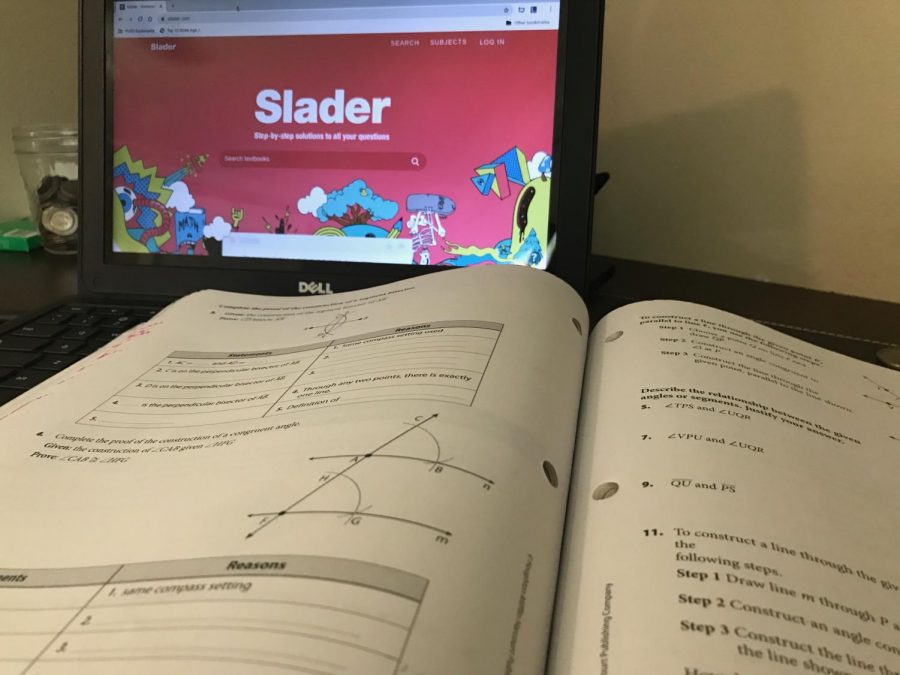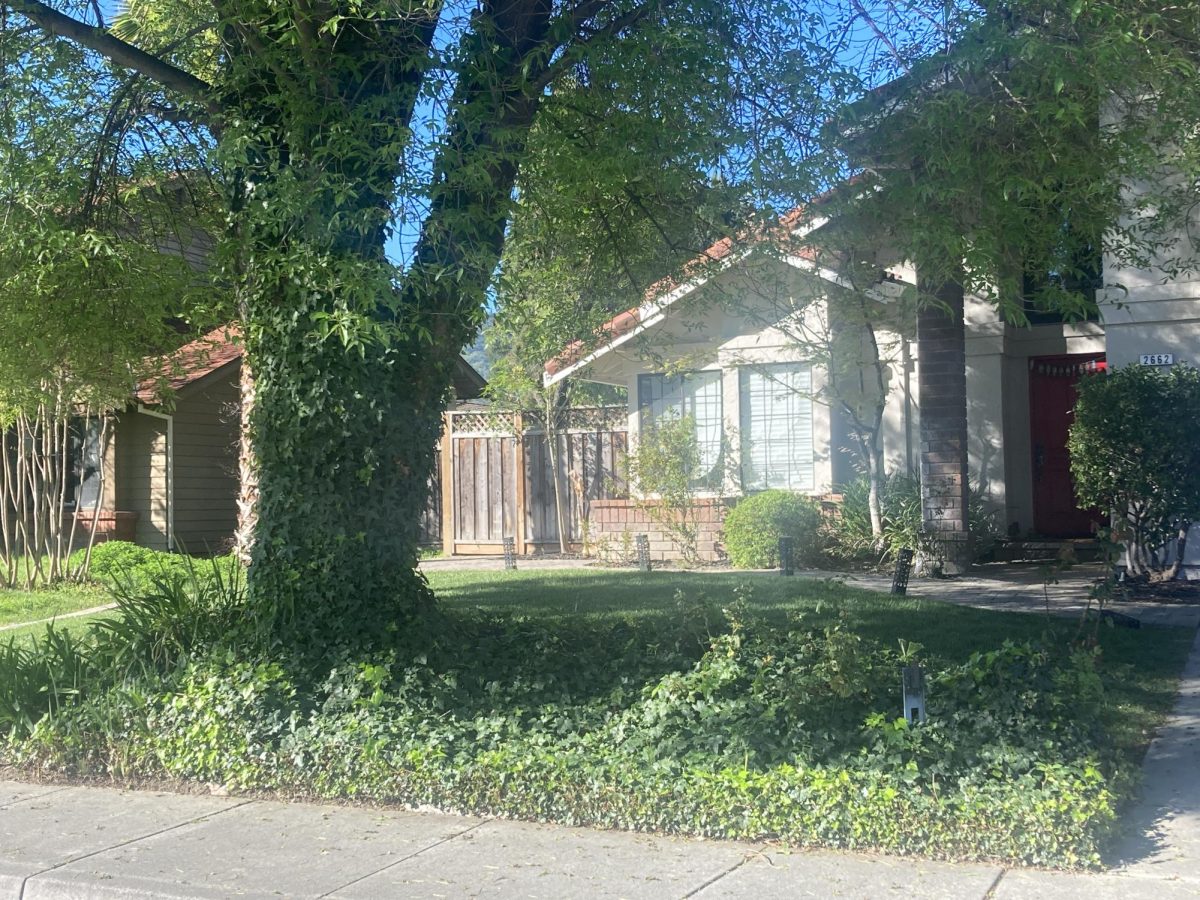Will online cheating be left ignored in remote learning?
Online learning makes it very difficult to administer tests and assignments.
July 8, 2020
This is the first generation to ever be required to attend school online. While our school year is over, it is still uncertain what to expect when the 2020-2021 school year rolls around. It’s entirely possible that there will be online classes for the first few months…or even longer!
Online education raises many complications, but one major concern with remote learning is cheating and how to maintain academic integrity.
Immediate access to all textbooks and as well as the internet allows students to easily cheat on assignments. While it doesn’t seem possible this issue can be easily stopped, it’s unclear how to address it.
While it seems like the easy way out in the moment, cheating could affect students’ grades in the long run, especially for core classes such as math and science.
If a student doesn’t take time to properly learn the material and test their knowledge on it, it can cause their grades to sink when they return to a school setting where they’re supervised by teachers.
“I feel like there’s no sure way to stop it but ignoring it wouldn’t be good either. Students aren’t going to learn from cheating,” said Julia Buteau (‘22).
So how will students be monitored?
It’s difficult to find a way to keep students from using the internet or getting answers from friends without being able to watch over them in person.
“I think there’s really not a lot that the school can do and people cheat in person anyways, but it would be nice if they found a way to stop it,” said Kiana Lum (‘22).
Students are given the choice to cheat or not cheat, with full knowledge of whatever consequences may come. However, some argue that they should be allowed to use the resources they have access to, especially because there is really no way for all students to be monitored or supervised.
“Integrity is how you act when no one is watching. The thing is I don’t care if someone is watching or not. It’s an online school. When the quality drops the standards should too,” said Dylan Easton (‘21).
If online school continues, cheating is a problem that will have to be acknowledged and possibly individually approached by each teacher. Or, as Easton brought up, it may become something that is solely put into the hands of students.
Cheating has been a consistent problem at Amador, particularly these last few years, and under the new circumstances, how to handle it is unclear. The solution to this problem most likely will depend on the maturity of students and the way school runs as the year begins.





